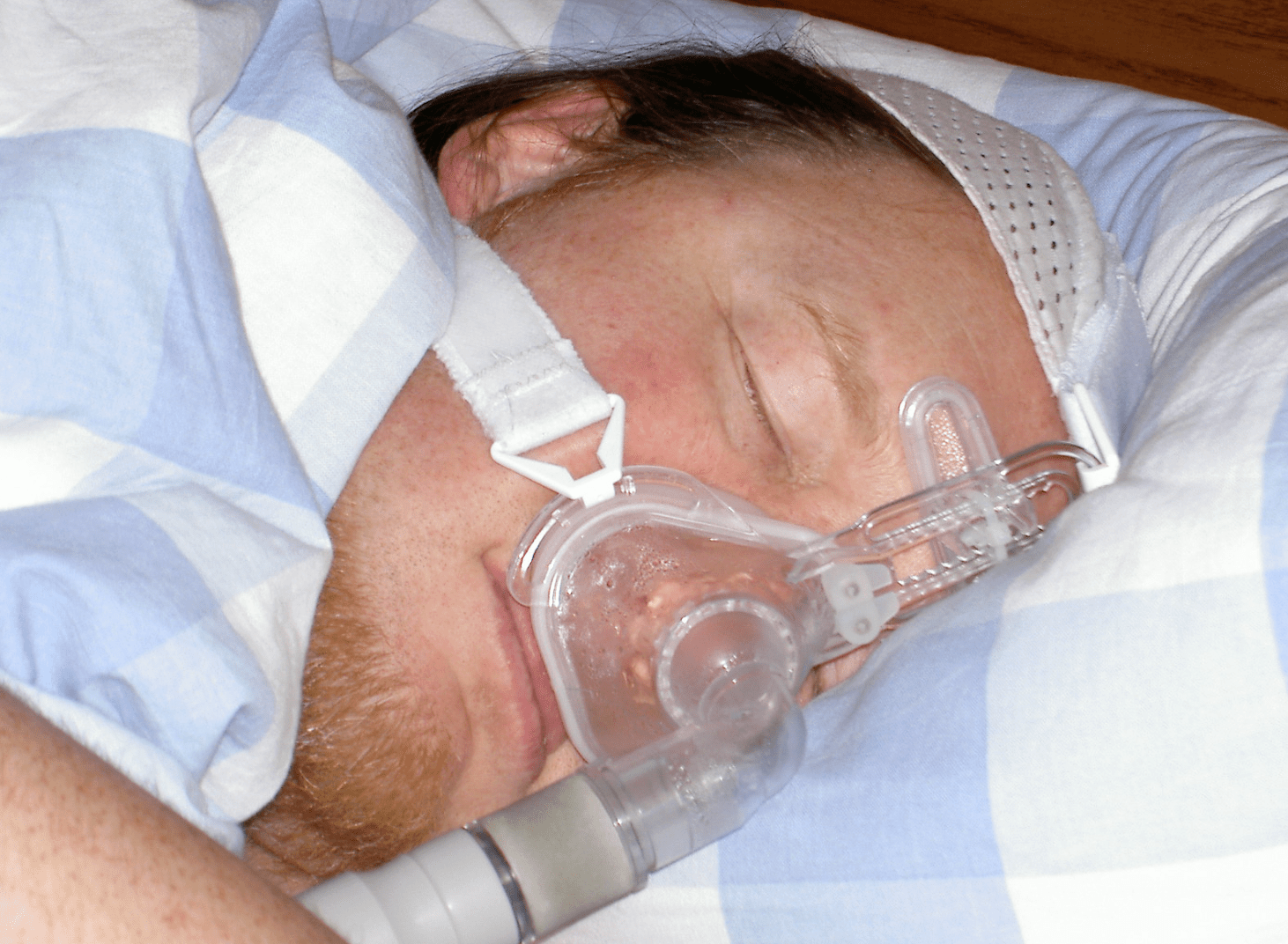THE NEW YORK POST – Parkinson’s disease — which causes poor balance and stiff movement — affects an estimated 1 million Americans. That number is expected to rise by 20% in the next few years.
While there’s no sure-fire way to prevent the neurodegenerative disorder, new research has found that a condition that affects millions could increase the chances of developing it.
And that risk could be reduced with one particular treatment.
A study published Monday in JAMA Neurology reports that people with untreated obstructive sleep apnea (OSA) face a higher risk of being diagnosed with Parkinson’s.
OSA is where breathing stops and restarts several times during sleep, preventing the body from getting enough oxygen. It’s typically caused by excess weight, large tonsils or large adenoids blocking the airway.
For the study, researchers in the Pacific Northwest examined the medical records of over 11 million US veterans treated between 1999 and 2022.
They found a substantial link between disrupted breathing caused by OSA and Parkinson’s, even after taking into account factors like obesity, age and high blood pressure.
“It’s not at all a guarantee that you’re going to get Parkinson’s, but it significantly increases the chances,” said study co-author Dr. Gregory Scott, an assistant professor of pathology in the Oregon Health & Science University School of Medicine and a pathologist at the Portland VA Health Care System.
Reduced oxygen levels from poor sleep can affect brain health, leading to cognitive impairment and damaged brain cells.
The good news is that one treatment could significantly reduce the risk — a CPAP machine, which pumps pressurized air through a hose and mask into the user’s airway.
Those who didn’t treat their OSA with CPAP were nearly twice as likely to have Parkinson’s compared to those who did use a machine at night.
“If you stop breathing and oxygen is not at a normal level, your neurons are probably not functioning at a normal level either” …



